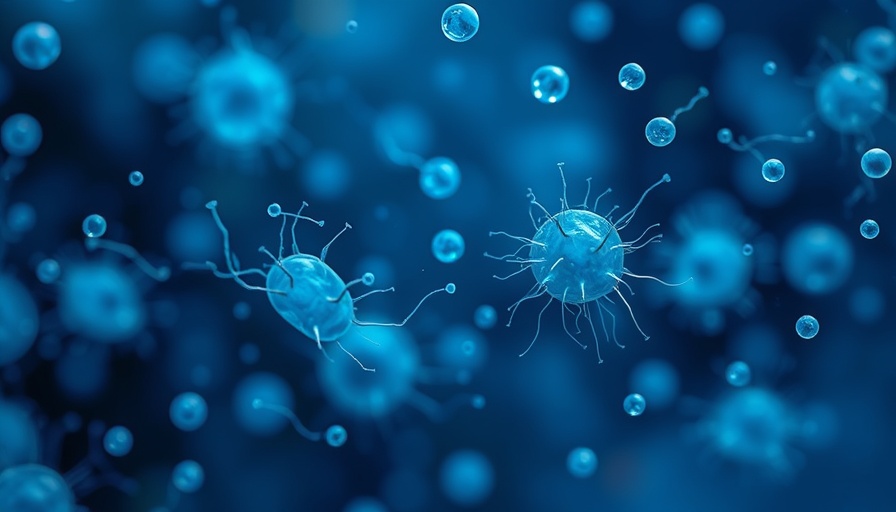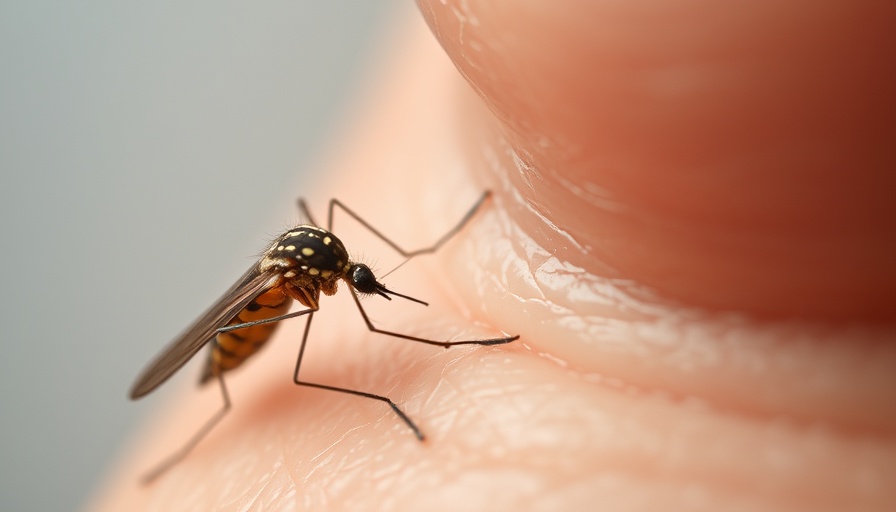
A Tragic Reminder: The Dangers of Using Tap Water for Nasal Rinsing
A Texas woman has sadly passed away after using tap water in a nasal rinse, leading to a rare yet dangerous brain infection. This tragic incident highlights the significant risks associated with improper water usage in personal healthcare practices. The 71-year-old woman contracted primary amebic meningoencephalitis (PAM), caused by the Naegleria fowleri amoeba, which is known to thrive in warm, untreated water sources. According to reports from health authorities, the woman used water from an RV camp's system, leading to severe symptoms just days later.
Understanding Naegleria fowleri: A Brain-Eating Amoeba
The Naegleria fowleri amoeba is infamous for its rapid progression and severe impact on the human brain. Infection usually occurs when contaminated water enters the body through the nose, which can happen not only during swimming activities but also when using water for nasal irrigation. Symptoms escalate quickly, as experienced by the Texas woman—showing that using untreated water can have deadly outcomes.
Safety Precautions for Nasal Irrigation
In light of this incident, it is vital to adhere to the recommendations provided by the Centers for Disease Control and Prevention (CDC). They advise the use of distilled or sterile water for nasal rinsing, or at the very least, boiled water that has been cooled down. These simple actions can significantly reduce the risk of harmful infections. Additionally, while swimming in freshwater, keeping your head above water or using a nose clip can also prevent amoebic infections.
Recognizing Symptoms for Early Detection
Following such preventive measures is crucial, but recognizing the symptoms of PAM can be just as important. Typical signs include fever, headache, nausea, vomiting, and confusion. Anyone experiencing these symptoms after potential exposure to untreated water should seek medical attention immediately. Quick response can be lifesaving.
The Significance of Water Safety Education
This tragic event underscores the necessity for public health education on water safety, especially regarding unusual but critical topics like nasal irrigation. More awareness can help prevent such devastating outcomes in the future, promoting a culture of safety and preparedness among the communities using recreational water sources.
Staying healthy means being informed about safety practices. For more details on general health advice and the best practices surrounding medications and their safety, contact us for more details.
 Add Row
Add Row  Add
Add 




Write A Comment